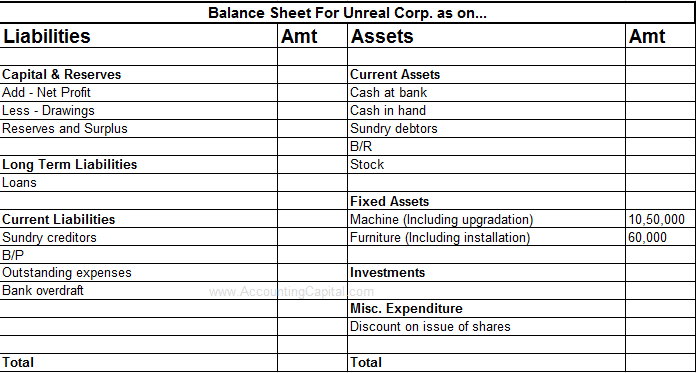Can Travel Expenses Be Capitalized?
Share
Travel expenses are an integral part of many businesses, especially those that require employees to travel for work. Understanding whether these expenses can be capitalized is crucial for accurate financial reporting and tax compliance. This article will explore the nuances of capitalizing travel expenses, the types of expenses that can be capitalized, and the implications for businesses.

What Does Capitalization Mean?
Capitalization refers to the accounting practice of recording a cost as a long-term asset rather than an expense. This means that instead of deducting the cost in the year it was incurred, the cost is spread out over several years through depreciation. This practice is typically applied to significant purchases that will benefit the business over a longer period.
When Can Travel Expenses Be Capitalized?
Not all travel expenses can be capitalized. Generally, travel expenses that are directly related to the acquisition of a long-term asset or that provide a future economic benefit can be capitalized. Here are some scenarios where travel expenses may be capitalized:
-
Travel for Asset Acquisition: If a business incurs travel expenses to acquire a new asset, such as machinery or real estate, those costs can be capitalized. For example, if a company sends an employee to inspect a piece of equipment before purchase, the travel costs associated with that trip can be added to the asset's cost.
-
Training and Development: If travel is required for training employees on new equipment or systems that will enhance productivity, those travel expenses may also be capitalized. This is particularly relevant if the training is directly tied to the implementation of a new asset.
-
Project-Specific Travel: Travel expenses incurred for specific projects that will generate future revenue can sometimes be capitalized. For instance, if a company sends a team to a different location to secure a contract, the travel costs may be capitalized as part of the project costs.

Types of Travel Expenses
Understanding the types of travel expenses is essential for determining which can be capitalized. Here are some common categories:
-
Transportation Costs: This includes airfare, train tickets, car rentals, and mileage reimbursement for personal vehicles. If these costs are incurred for capitalizable purposes, they can be included in the asset's cost.
-
Lodging: Hotel expenses can be capitalized if the travel is for a purpose that benefits the business in the long term, such as acquiring an asset or training employees.
-
Meals and Entertainment: Generally, meals and entertainment expenses are not capitalized unless they are directly related to the acquisition of an asset or project.
-
Miscellaneous Expenses: This can include parking fees, tolls, and other travel-related costs. Similar to meals, these expenses are typically not capitalized unless they meet specific criteria.

Implications of Capitalizing Travel Expenses
Capitalizing travel expenses can have several implications for a business:
-
Tax Benefits: Capitalizing certain travel expenses can provide tax benefits by allowing businesses to spread the cost over several years, potentially reducing taxable income in the short term.
-
Financial Reporting: Accurate capitalization of travel expenses is crucial for financial reporting. Misclassifying expenses can lead to inaccurate financial statements, which can affect investor relations and compliance with regulations.
-
Cash Flow Management: Capitalizing expenses can impact cash flow management. Businesses need to ensure they have sufficient cash flow to cover the costs associated with capitalized expenses over time.

Best Practices for Managing Travel Expenses
To effectively manage travel expenses and ensure proper capitalization, businesses should consider the following best practices:
-
Maintain Detailed Records: Keep thorough records of all travel expenses, including receipts and documentation that support the purpose of the travel.
-
Establish Clear Policies: Develop clear policies regarding which travel expenses can be capitalized and ensure all employees are trained on these policies.
-
Consult with Professionals: Work with accountants or financial advisors to ensure compliance with accounting standards and tax regulations.
-
Use Technology: Implement travel management software to streamline the process of tracking and reporting travel expenses.

Conclusion
Understanding whether travel expenses can be capitalized is essential for businesses that incur these costs. By recognizing the types of expenses that qualify for capitalization and implementing best practices for managing travel expenses, businesses can ensure accurate financial reporting and compliance with tax regulations. For those planning business trips, consider booking accommodations and flights through reliable platforms to streamline your travel experience. Check out Hotels & Flights and Transfers for your next trip!



